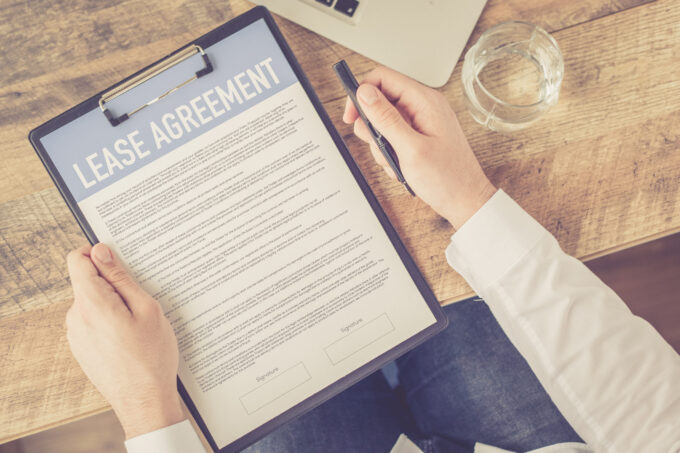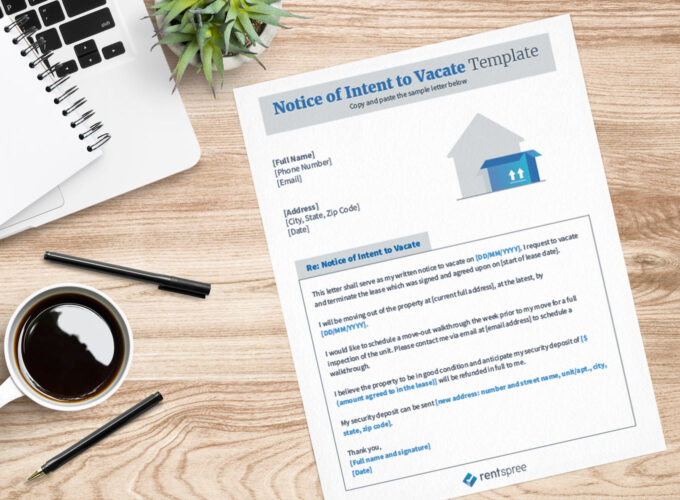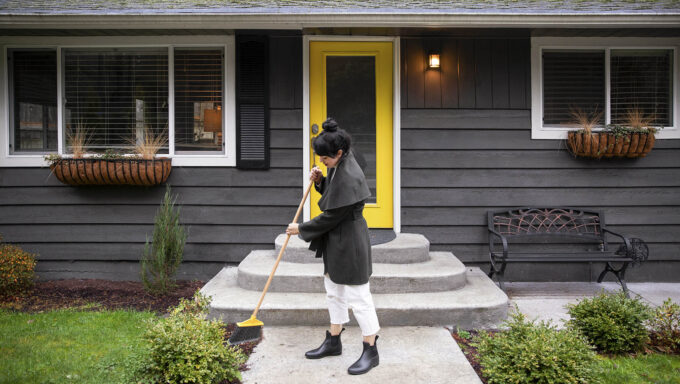When you first buy a property to rent out it can be a very exciting time. You think that it is just the beginning of your real estate empire and you envision growing every year. That is a great goal and very achievable but you have to make sure to avoid doing certain things that will stymie your success.
Many new landlords make a series of mistakes that cause them to not make nearly as much money as they hoped and had the potential to make. Many of the mistakes happen because nobody showed them the ropes so they weren’t able to avoid making them. In this article, we will go over several things to avoid when you are a new landlord.
1. Not Screening Tenants
One of the most expensive mistakes you can make is having bad tenants. It will cost you a lot of money to evict them as well as lost revenue when the apartment is occupied by nonpayers.
Screening your tenants is extremely important as it is one of the few ways to reduce the risk of having people that will not pay their rent or even damage the property. Always make sure to go with people that have good references, a good credit score, and are employed. If you are unsure of what to look for in a good tenant, then have a company that handles it for you.
Property management Toronto will screen tenants and do a thorough background check and determine which ones are the right fit for you and the property. You’ll pay for this service but it pays for itself when you have tenants that are there for years.
2. Neglecting The Property

It is, unfortunately, a very common occurrence to have landlords that don’t take care of their property. They don’t realize how much money it costs them in the long run since they only see short-term savings.
Nobody wants to spend money every month fixing little things as it eats into profits. However, those little things turn into big things later on when they aren’t taken care of.
Not only is it because when things aren’t maintained they cost more to fix later, but you will also have trouble keeping good tenants which means an empty property at times. Make sure to keep the property in good shape and follow a regular maintenance schedule.
3. Getting The Market Wrong
Everybody knows how important a good location is when it comes to real estate investing. What isn’t so clear is what makes a location good, especially when buying rental properties.
You have to understand the market when you buy a rental property so you know that you are able to get it rented out. This means the type of property is important for the area. You wouldn’t want to buy a studio apartment in an area where there are people that need houses, for instance.
You also want to understand how much to charge so research the area’s average rent prices to know if you can make a profit off of your investment.
4. Not Being Aware Of The Local Laws Related To Tenancy

In most places, tenancy acts are drafted by the provincial government, so it is vital to check the local laws in the place where your property is located. In some countries, the tenant can claim a right on the property if he has lived in a residential building for an uninterrupted period of time. In order to prevent any such eventualities, you must be aware of property laws.
5. Not Having A Detailed Written Agreement
Although most people have written agreements before they rent out their property, some people might still believe in verbal agreements. At times a landlord may be satisfied with a poorly written agreement which misses out on key details like the rights of the tenant, the situations that can be taken as a breach of contract etc.
A verbal agreement has no value in a court of law. So if you do not have a written agreement stating all the clauses of the contract, you might find it very hard to evict a problematic tenant who creates a nuisance or does not pay the rent on time.
6. Not Factoring In The Yearly Appreciation In Rent
Many landlords rent out a property for a certain amount of rent; however, they may not make it clear in the agreement that the rent is to be appreciated on a regular basis. Not mentioning the yearly appreciation of rent is a serious error.
The rent of a property should appreciate with time, and the appreciation should be in proportion to the property rates in a given locality. Although it may not be feasible to estimate the property rate after five or ten years, you must have a clause related to it in the agreement. If you fail to mention this in the agreement, then the tenant might insist that he will continue to pay the same rent for as long as he occupies your property.
7. Requirement Of Prior Notice Before Leaving The Property

Many tenants suddenly inform the landlord that they want to evacuate the property the following week or so. Such things usually happen when the tenant gets a new job in a new locality and has to shift as soon as possible.
However, this is highly unprofessional because last-minute notices leave the property unoccupied till the time there is a new tenant. Hence, the property owner should clearly state a minimum notice period of one to three months depending upon the usual time required to find a new occupant in that locality.
Conclusion
A tenant and a landlord can have a smooth and healthy relationship. Not all tenants are a nuisance, but as a landlord, you have to take all the necessary precautions to avoid a tedious property battle or to avoid receiving low rents.
Hence, you must be aware of the property laws, know the value of your property, have a well-written rent agreement etc., to ensure that you do not have to fight legal battles with your tenant.










